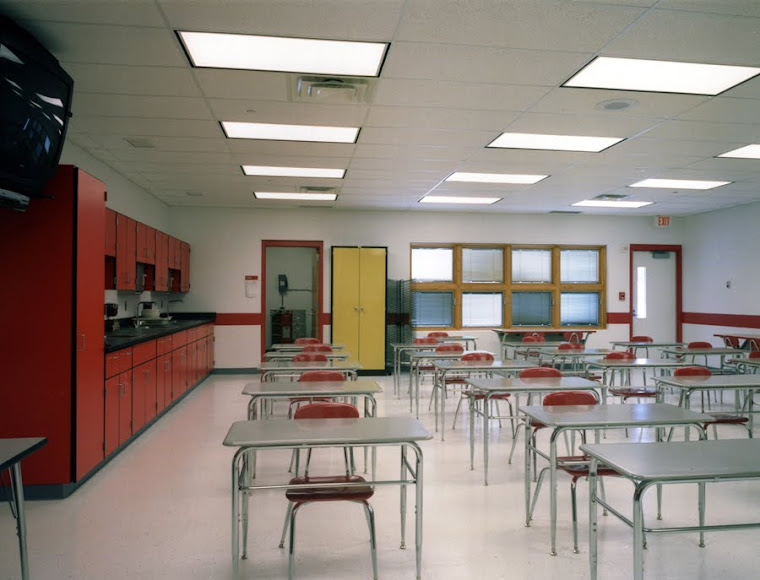Scott Martin - Creative Connector: Chpt. 4
“Honesty begins for Whites when we learn to question our own assumptions and acknowledge the limitations of our culturally conditioned perceptions of truth”. (p. 73)
To begin, I must say that this passage is giving me a bit of a mental struggle. I understand what Howard is stating in this work, that we have to find ourselves, and what our own issues are before we can move to become whole with the rest of the world… in a sense. What is bothering me is this. Chapter after chapter in this book, Howard has broken down historically, socially and even personally the struggles and dominance that “Whites” have shown on race relations in America.
My issue is as follows. Howard keeps stating that “Whites” need to construct their own identity, break it down then re-build a new identity. Yet, Howard insists that this is a human solution. Yet, when I read all of this text, it is starting to seem like another “white guilt” issue. He constantly states that the human race needs to become one in understanding and work together, but, it is starting to sound like another thing that “Whites” are responsible to solve.
How is the solution to racial inequality our job as whites? I am starting to believe that there needs to be a change in a human understanding from all “rivers”. Myself as white can do anything and everything to change who I am, but if the rest of the “playing field” can’t agree on the “rules” then what good is all of this?
“When White educators acknowledge both our insecurity and our privilege when dealing with issues of race, and when we begin to question the influence of the dominance paradigm in our work with students, we actually gain credibility with our colleagues and students from other racial and ethnic groups”. (p. 74)
Again, this is a tough passage for me. I am finding that, yes, you may do everything within your being to overcome centuries of discrimination and oppression, but what does that find in the end? What do you find in the end? Do you become a better “White” than all the rest? Are you now the benchmark that everyone else needs to strive for? Am I saying that we shouldn’t address these issues, NO! It just seems to me that with Howard’s statement above, you have found the “promise land” in the eyes of the “other” cultures. Yet, what does that change, just one man. Is not the problem at hand to change humanity, not to find personal victory?
Scott Martin - Essence Extractor: Chpt 4
Basically I need to quote outside of my belief of this chapter being a personal introspect for Howard.
“From the broad perspective being considered here, the multicultural education process engages us in at least five key arenas (again putting it into the term of a fight or a struggle), of learning:
1. To know who we are racially and culturally
2. To learn about and value cultures different from our own
3. To view social reality through the lens of multiple perspectives
4. To understand the history and dynamics of dominance
5. To nurture in ourselves and our students a passion for justice and the skills for social action”. (p. 85)
Scott Martin – Vocabulary Vitalizer: Chpt. 4
- Diversity: The state of being diverse.
- Havasupai:
- Dominance: Power and influence over others : the worldwide dominance of Hollywood.
• Genetics the phenomenon whereby, in an individual containing two allelic forms of a gene, one is expressed to the exclusion of the other.
• Ecology the predominance of one or more species in a plant (or animal) community.
- Honesty: the quality of being honest
- Empathy: the ability to understand and share the feelings of another
- Advocacy: public support for or recommendation of a particular cause or policy
- Action: the fact or process of doing something, typically to achieve an aim
- Privilege: a special right, advantage, or immunity granted or available only to a particular person or group of people
- Educator: give intellectual, moral, and social instruction to (someone, esp. a child), typically at a school or university

Scott, I think that you bring up some really good points about the text we are reading, and I like how you are critical of it. For me to really understand his writing and not take offense to it I think more and more about the dominant group as a whole. Although you and I and everyone in our class are excepting of people and would not be considered racist I think that we have to look beyond ourselves. It seems like his goal as a writer is to challenge us to make a bigger difference through our students by abolishing the biases that students may have before they are even created. You mention how one person as a whole wont make a difference, but if you think of it in terms of the thousands and thousands of children we will teach to be agents of change, we will absolutely make an impact.
ReplyDelete